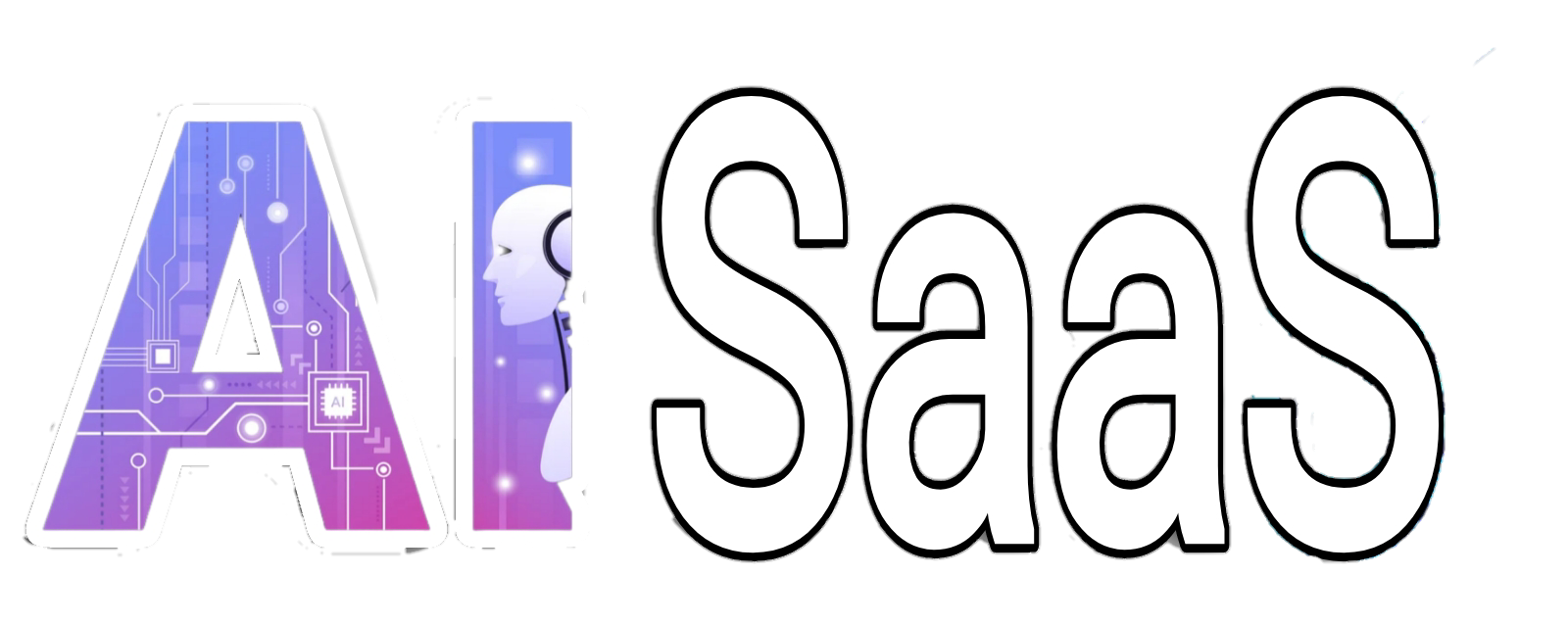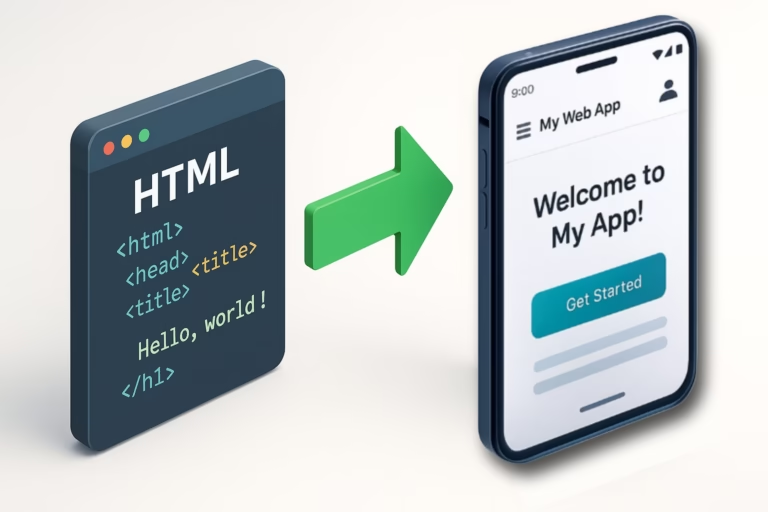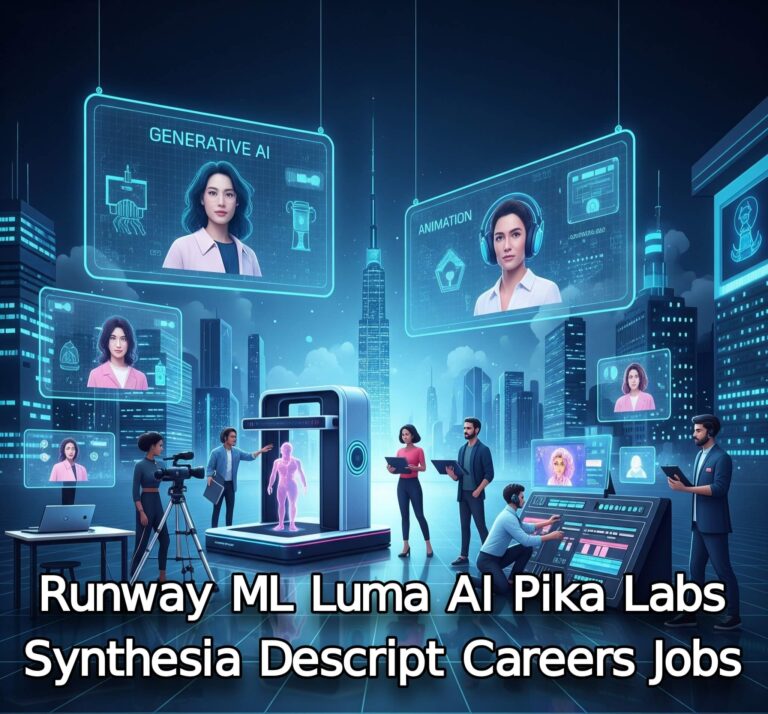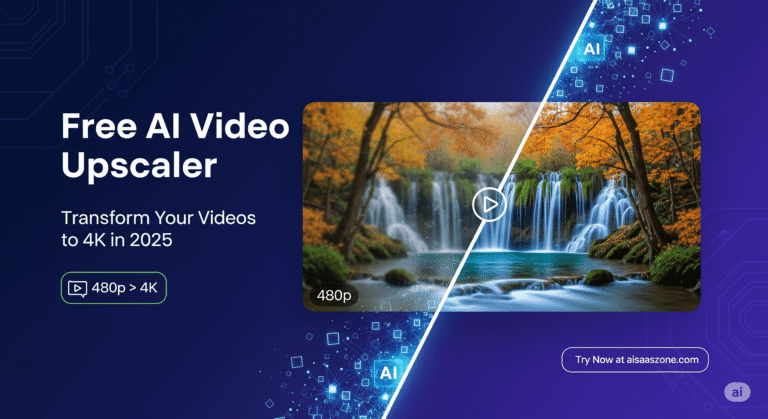The Complete Guide to
AI SaaS
Master the fundamentals of AI-powered Software as a Service. Learn what it is, how it works, real-world applications, and the latest trends shaping 2026.
⏱️ 15 min read • Last updated: January 2026
📚 Table of Contents
What is Artificial Intelligence?
Artificial Intelligence (AI) enables machines to perform tasks that typically require human intelligence—learning from experience, recognizing patterns, making decisions, and solving complex problems.
You interact with AI every single day, often without realizing it:
Voice Assistants
Siri, Alexa, and Google Assistant understand natural language and respond intelligently.
Smart Email
Spam filters automatically detect and block unwanted messages.
Recommendations
Netflix, Spotify, and Amazon suggest content tailored to you.
Fraud Detection
Banks use AI to detect suspicious transactions 24/7.
What is SaaS (Software as a Service)?
SaaS stands for Software as a Service. It’s cloud-based software hosted online and accessed via the internet. Instead of installing programs, you simply log in through your browser.
Google Docs
Edit documents in real-time, collaborate with others—no installation required.
Zoom
Video conferencing in your browser. Join meetings instantly from anywhere.
Gmail
Access email from any device. All messages stored securely in the cloud.
SaaS vs Traditional Software
Traditional software is installed on your computer or servers. Often called “On-Premise,” it requires manual updates and IT support.
Why SaaS Matters
What is AI SaaS? (AI + SaaS)
AI SaaS is the evolution of traditional SaaS—cloud software enhanced with artificial intelligence. Think of it as SaaS 2.0 (or even 3.0 in 2026!).
Think of AI SaaS like a self-driving car for your business—it learns, adapts, and becomes smarter over time with minimal effort from you.
How AI SaaS Works
Automation
AI chatbots handle customer queries 24/7.
Predictive Analytics
AI forecasts trends to help smarter decisions.
Personalization
Software customizes to user behavior.
Source: McKinsey’s 2025 State of AI Report
Top Benefits of AI SaaS
1. Improved Efficiency
AI automates repetitive tasks, freeing employees for higher-value work.
2. Smarter Decision-Making
AI analyzes data in real-time for better, faster decisions.
3. Significant Cost Savings
Automate work traditionally done by humans, reducing overhead.
4. Easy Scalability
Start small and scale up without huge hardware investments.
💡 Calculate Your Potential ROI
How much could your business save with AI tools?
Try Our Free AI ROI Calculator →Real-World Success Story
AI-Powered Real Estate: Porta da Frente Christie’s
A Portuguese real estate brokerage integrated an AI agent powered by eSelf AI, leading to remarkable results.
Real-World AI SaaS Examples
AI SaaS is transforming industries. Here are leading examples:
Salesforce Einstein
AI-driven CRM predicting sales trends.
HubSpot AI
Marketing automation for emails and social posts.
Jasper AI
AI-powered content creation at scale.
Claude by Anthropic
Advanced AI for coding and file management.
Shopify AI
Generates product descriptions automatically.
Amazon Personalize
Smart product recommendations engine.
The Future: 2026 AI SaaS Trends
While challenges exist (data privacy, AI bias), the future is bright. Top trends:
Agentic AI: From Chat to Action
AI Agents now execute workflows—booking meetings, writing code, managing files—without human help.
🔥 Hottest TrendVertical AI SaaS
Specialized AI for specific industries—dentists, lawyers, construction, healthcare.
Industry-SpecificEdge AI: On-Device Processing
AI runs on your phone/laptop—faster, more private, less internet-dependent.
Privacy-FirstHow AI SaaS Companies Make Money
Subscription-Based Model
Monthly or yearly recurring fees. Most common model.
Example: ChatGPT Plus $20/monthFreemium & Upselling
Basic free, advanced features paid.
Example: GrammarlyUsage-Based Pricing
Pay per words generated or API calls.
Example: OpenAI APIAPI Licensing
Selling AI tech to other developers.
Example: Anthropic API, Cohere20 Frequently Asked Questions
Everything you need to know about AI SaaS, answered.
1. What is AI SaaS? +
2. How does AI improve SaaS? +
3. What is an example of daily AI use? +
4. What does SaaS stand for? +
5. How does SaaS differ from On-Premise Software? +
6. What is a popular example of SaaS? +
7. How is AI SaaS different from regular SaaS? +
8. How does AI SaaS work? +
9. How does AI SaaS improve efficiency? +
10. How does AI SaaS improve decision-making? +
11. How does AI SaaS reduce costs? +
12. What is scalability in AI SaaS? +
13. Give an example of an AI SaaS tool for marketing. +
14. Which tool is used for AI-powered writing? +
15. How is e-commerce enhanced by AI SaaS? +
16. What is a major challenge of AI SaaS? +
17. What are AI bias concerns? +
18. Why is internet connectivity important for AI SaaS? +
19. What is “Agentic AI”? +
20. How can I start using AI SaaS today? +
Have more questions? Contact us or explore more FAQs
Test Your AI SaaS Knowledge
Put your learning to the test! Answer these 20 questions to see how well you understand AI SaaS concepts.
🚀 Ready to Explore More AI Tools?
Discover comprehensive guides, tutorials, and comparisons.
Visit AI SaaS Zone →










buy marijuana online worldwide delivery guaranteed